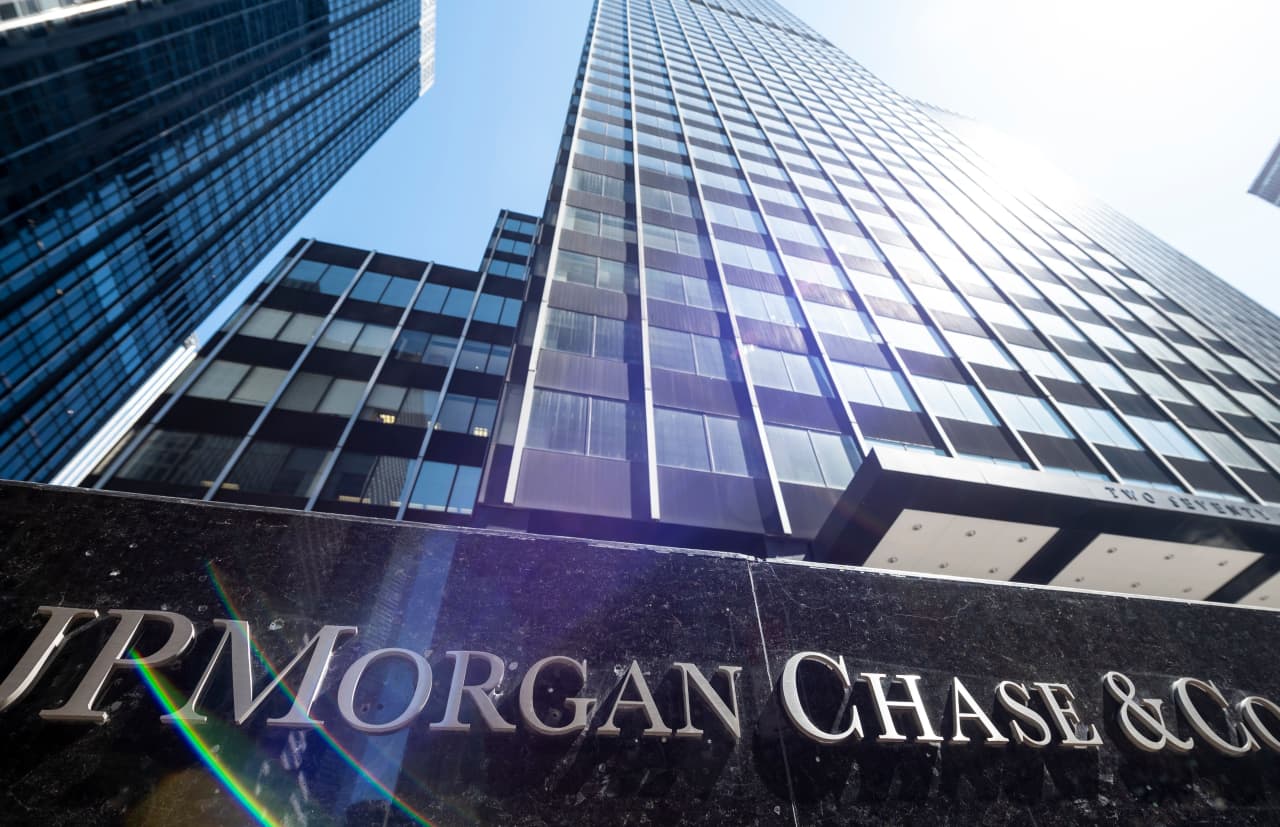High DII Holdings Stocks Under Rs 100 To Watch In 2024

Stocks with high DII holdings below Rs 100: When it comes to investing, there are a number of factors to consider before purchasing stocks. However, one of the fundamental criteria for judging the potential of a business is the potential that domestic institutional investors see in the business. In this article, we will look at some of the High DII holdings under Rs 100.
Stocks with high DII holdings below Rs 100
For our research, we will read about the businesses and operations of five companies in various industries. Without further delay, let’s take a look at 5 High DII holdings under Rs 100.


1. Equitas Small Finance Bank Co., Ltd.
Established in 1993, Equitas Small Finance Bank Limited is a wholly-owned subsidiary of Equitas Holding Ltd.
It is a small finance bank with a product portfolio that includes SME lending, automobile finance, microfinance, housing finance, MSE finance and NBFC finance. The company also offers third-party products from various wealth management and insurance companies.
The company provides services tailored to the specific needs of individuals, wealthy individuals, MSMEs and businesses with limited access to formal financial channels.
Currently, the company operates in 18 states and union territories and has 956 banking branches and over 21,862 employees.
A look at the bank’s financial position shows that its net interest income has consistently increased from ₹1,152 crores in FY19 to ₹2,545 crores in FY23. Similarly, net profit increased from ₹211 crores to ₹574 crores during the same period.
In FY23, the company reported an NNPA of 1.14%, which indicates that some of its bank loans or assets are non-performing.
Looking at returns, the bank reported ROE and ROA of 12.55% and 1.89%, respectively. This means that the bank has achieved an average return on shareholders’ equity and an average efficiency in generating returns on assets.
Talking about the shareholding pattern of the company, we can see that the promoters have completely removed their stake in the company after Q3 2023. On the other hand, DII increased its stake and holds 43.93% as of the fourth quarter of 2024.
2. Yes Bank Co., Ltd.
Established in 2003, Yes Bank Limited is India’s sixth largest private sector bank. It is a full-service commercial bank that offers a range of products, services and technology-driven digital offerings to retail, MSME and corporate customers.
Through its wholly-owned subsidiary, YES SECURITIES, it also operates investment banking, merchant banking and brokerage businesses.
It also operates IFSC Banking Division at GIFT City, Gandhinagar, Gujarat and a representative office in Abu Dhabi.
Currently, the company offers its products and services through 1,198 branches, 179 BCBOs and over 1,345 ATMs in over 300 locations in India.
In FY23, the company reported interest income of ₹22,697.43 crores and net profit of ₹962.91 crores in FY23. While the company’s interest income increased compared to FY22, its profits declined.
The bank reported ROE and ROA at 2% and 0.2%, respectively. This means that the bank has a low return on shareholders’ equity and is less efficient in generating revenue from its assets.
On the positive side, the company’s NNPA is 0.8%, which means net default by borrowers is very low.
If we talk about the shareholding pattern of the company, we can see that the promoters have no stake in the company. As of the second quarter of 2024, DII’s shareholding is 40.68%.
3. Radiant Cash Management Co., Ltd.
Established in 2005, Radiant Cash Management Services Limited is a leading integrated cash logistics company with a dominant presence in the retail cash management segment of the Indian cash management services industry.
The company offers a wide range of services, including cash pickup and delivery, network currency management, efficient cash processing, and reliable cash-in-transit solutions.
The company’s customers include private and public sector banks, insurance companies, e-commerce logistics players, railways and retail petroleum distribution outlets.
Currently, the company has a presence in 28 Indian states and 8 union territories and has approximately 42,420 touch points covering 13,812 pin codes.
A look at the company’s financials shows that its revenue and profits have consistently increased over the past three years. During FY23, the company reported revenue of ₹3,575 crores and net profit of ₹627 crores.
ROE of 27% and RoCE of 33% indicate a high return on capital invested by shareholders and a high efficiency in using the company’s resources.
A debt-to-equity ratio of 0.11 means that the company primarily uses its own funds to run its operations, meaning that the amount of debt on its balance sheet is low.
Looking at the company’s shareholding structure, we can see that the promoters continue to maintain a 56.92% stake in the company. As of the second quarter of 2024, DII’s shareholding is 16.58%.
4. Paradeep Phosphates Ltd.
Established in 1981, Paradeep Phosphates Limited started out as India’s second largest player in the Phosphorus Fertilizer Joint Venture signed by the Republic of Nauru and the Government of India to set up a Phosphorus Fertilizer manufacturing facility at Paradeep, Odisha.
The company is currently the second largest private sector player in the phosphate fertilizer industry, producing 2.6 million metric tons of phosphate and 400,000 metric tons of urea for a total capacity of 3 million MT.
The company offers a variety of fertilizers including DAP, NPK-20:20:0:13, NPK-12:32:16, NPK-10:26:26, NPK-19:19:19 and NPK-28:28 do. :0. We also recently added NPK-14:28:14, NPK-14:28:0, NPK-14:35:14, and NPK-24:24:00 to our portfolio.
Today, the company has a geographical presence in 15 states with 21 regional offices, 512 stocking locations and 5,322 dealers.
Currently, the company has a presence in 28 Indian states and 8 union territories and has approximately 42,420 touch points covering 13,812 pin codes.
A look at the company’s financials shows that its sales have steadily increased over the past four years. On the other hand, the company’s profits continued to increase until FY22 and then declined slightly.
In FY23, the company reported revenue of ₹13340.7 crores and net profit of ₹304.2 crores.
An ROE of 10.6% represents a below-average return on the capital invested by shareholders. On the other hand, ROCE is 20.9%, suggesting efficient use of the company’s resources.
Additionally, the debt-to-equity ratio of 1.3 suggests that the company’s debt-to-equity ratio is slightly high.
As of the second quarter of 2024, the company’s shareholding structure is 56.08% of promoters’ shares and 23.56% of DII’s shares.
5. CESC Co., Ltd.
Founded in 1899, CESC is an integrated utility that produces and distributes electric power. RP-Sanjiv Goenka Group’s flagship company.
As the single electricity distributor for Kolkata and Howrah, it serves 3.5 million consumers and commercial users. Currently, the company produces and distributes electricity across 567 sq km of licensed areas including Kolkata, Howrah, Hooghly, North and South 24 Parganas in West Bengal.
The company manages two thermal power plants in its licensed area, producing a total of 885 MW of electricity. These are the Budge Budge Power Station (750 MW) and the Southern Power Station (135 MW). The company also commissioned the Haldia Thermal power plant, a 600 MW project located in Haldia, West Bengal.
Except for a slight decline due to COVID-19, the company has shown steady sales growth. On the other hand, the company’s profits continued to increase year-on-year.
In FY23, the company reported revenue of ₹14555 crores and net profit of ₹1397 crores.
The company’s ROE and RoCE are 8.34% and 9.10%, respectively, suggesting below-average returns on shareholders’ equity and that resources are not being utilized as efficiently as possible.
The debt-to-equity ratio is 0.83, which indicates that the company has adequate debt on its balance sheet.
Going by the shareholding pattern of the company, the promoters have been consistently holding 52.11% stake for the past few quarters. As of Q2 2024, DII holds a 20.06% stake in the company.
conclusion
‘ While concluding the article aboutStocks with high DII holdings below Rs 100‘, it can be said that DII can be used as a parameter to evaluate a company’s potential. However, it is not advisable to invest only by looking at the shares of institutional investors.
Instead, it is important to evaluate the stock based on a variety of criteria unrelated to DII’s stake.
Written by Aaron Barth
By utilizing the Trade Brains portal’s stock screener, stock heatmap, portfolio backtesting and stock comparison tools, investors have access to comprehensive tools to identify the best stocks, stay updated and informed with stock market news. invest.


Start your stock market journey now!
Want to learn stock market trading and investing? Check out exclusive stock market courses from FinGrad, a learning initiative from Trade Brains. You can sign up for free courses and webinars from FinGrad and start your trading career today. Sign up now!!



